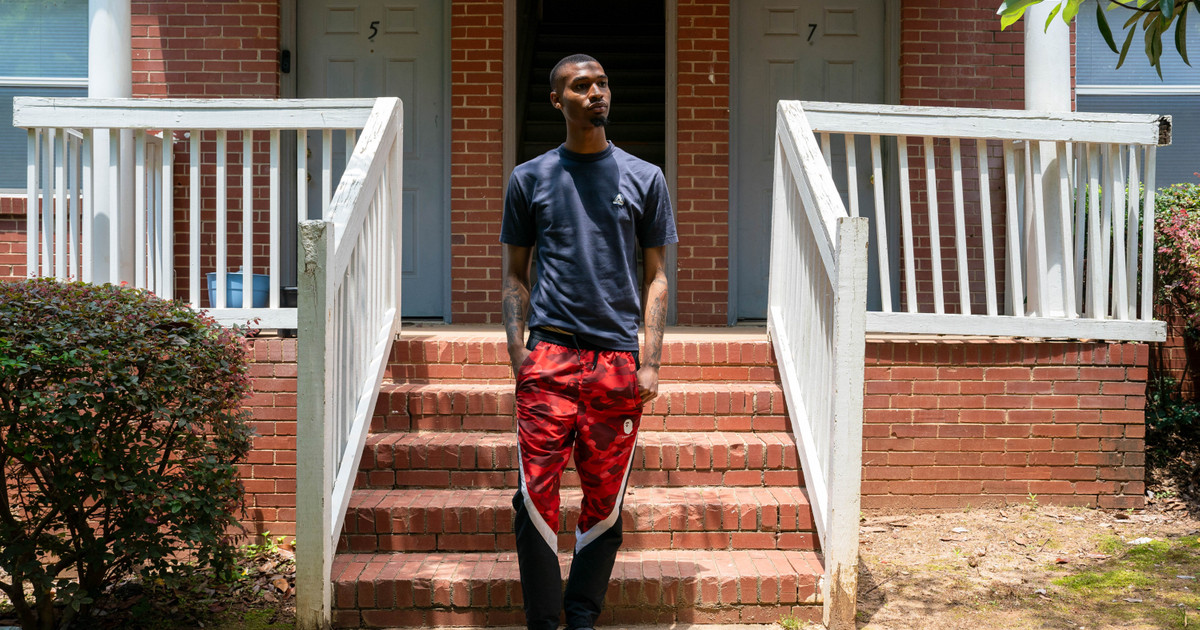- cross-posted to:
- [email protected]
- cross-posted to:
- [email protected]
Malik Johnson thought he was doing well after he turned 21 and left foster care, working two jobs to afford his apartment south of Atlanta.
But last fall, everything started to fall apart: His car transmission failed, so he couldn’t reach his second job. He fell behind on rent.
He didn’t know about a federal housing program that could have reduced his housing costs. It’s open to foster youth in all states as long as local government agencies put in an application for the funding. But in Georgia, they didn’t make that request for Johnson — or for almost anyone else.
You must log in or register to comment.


